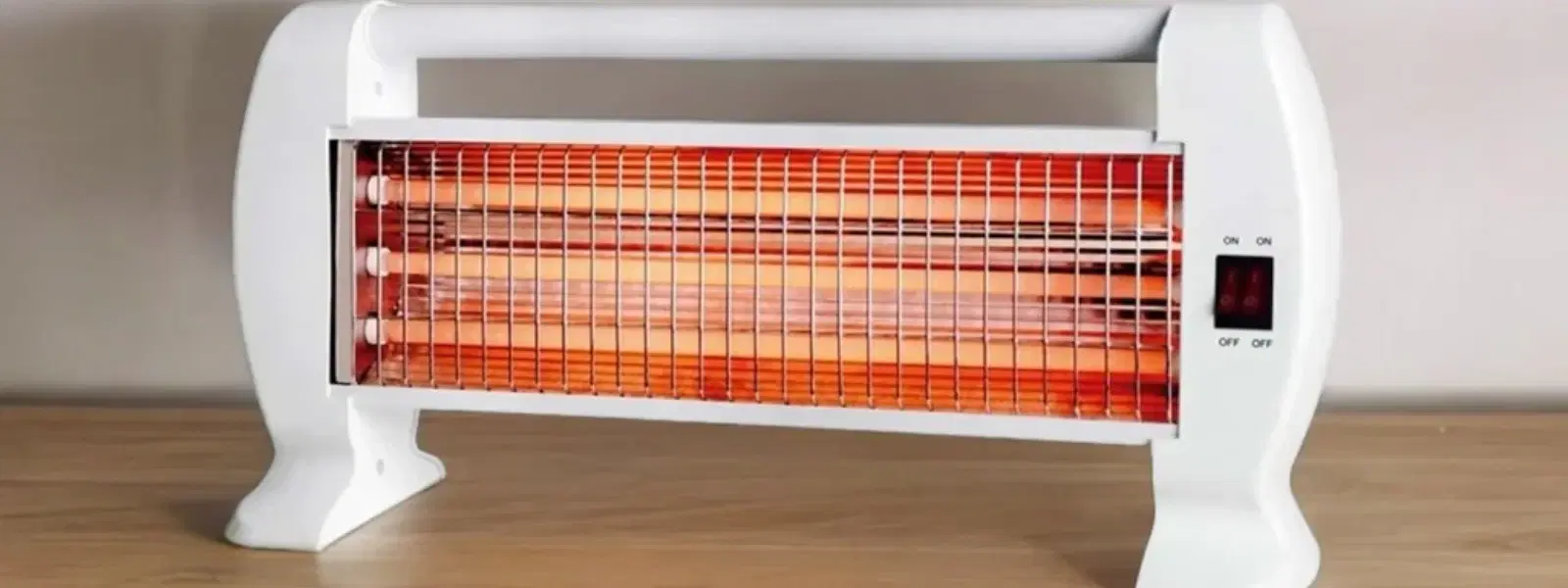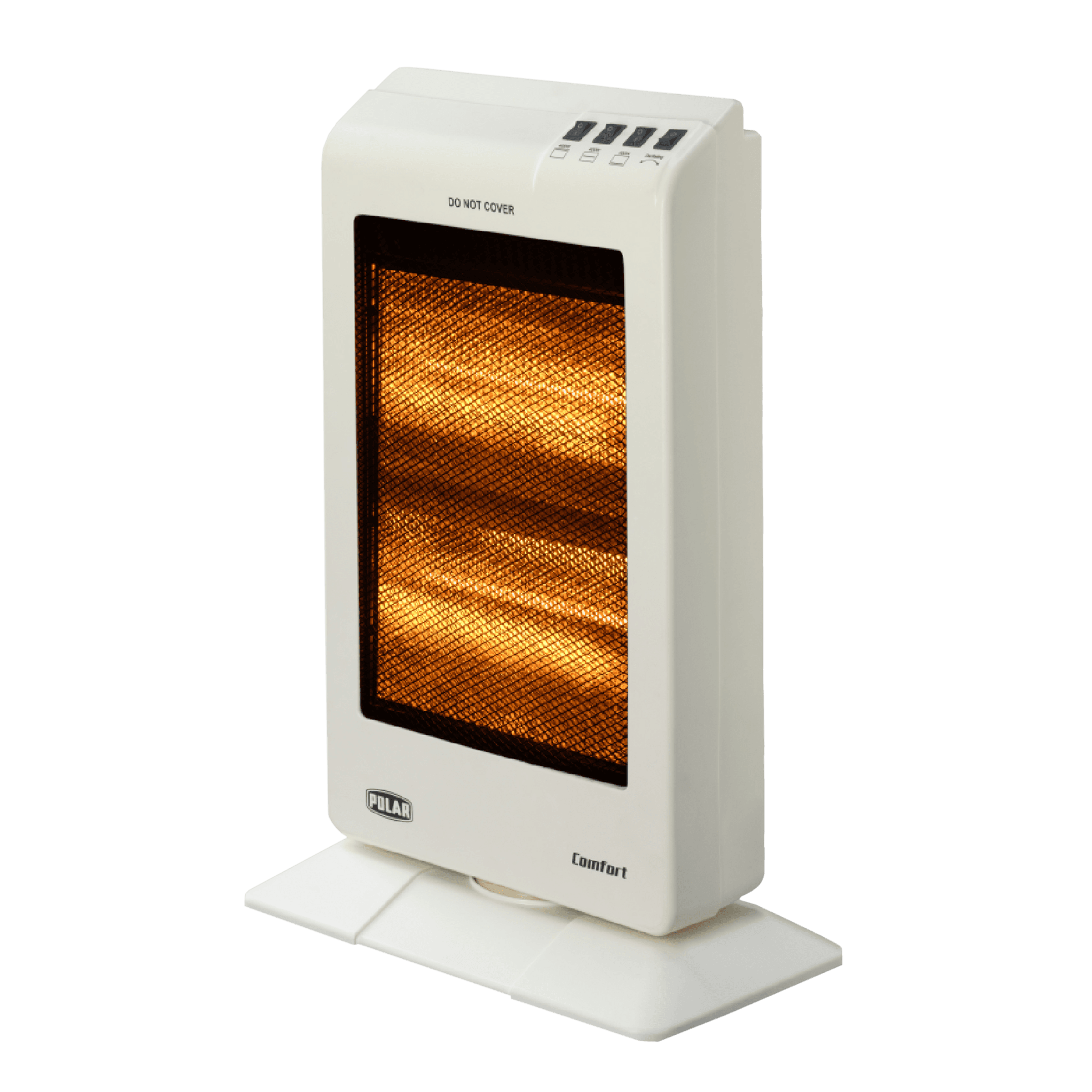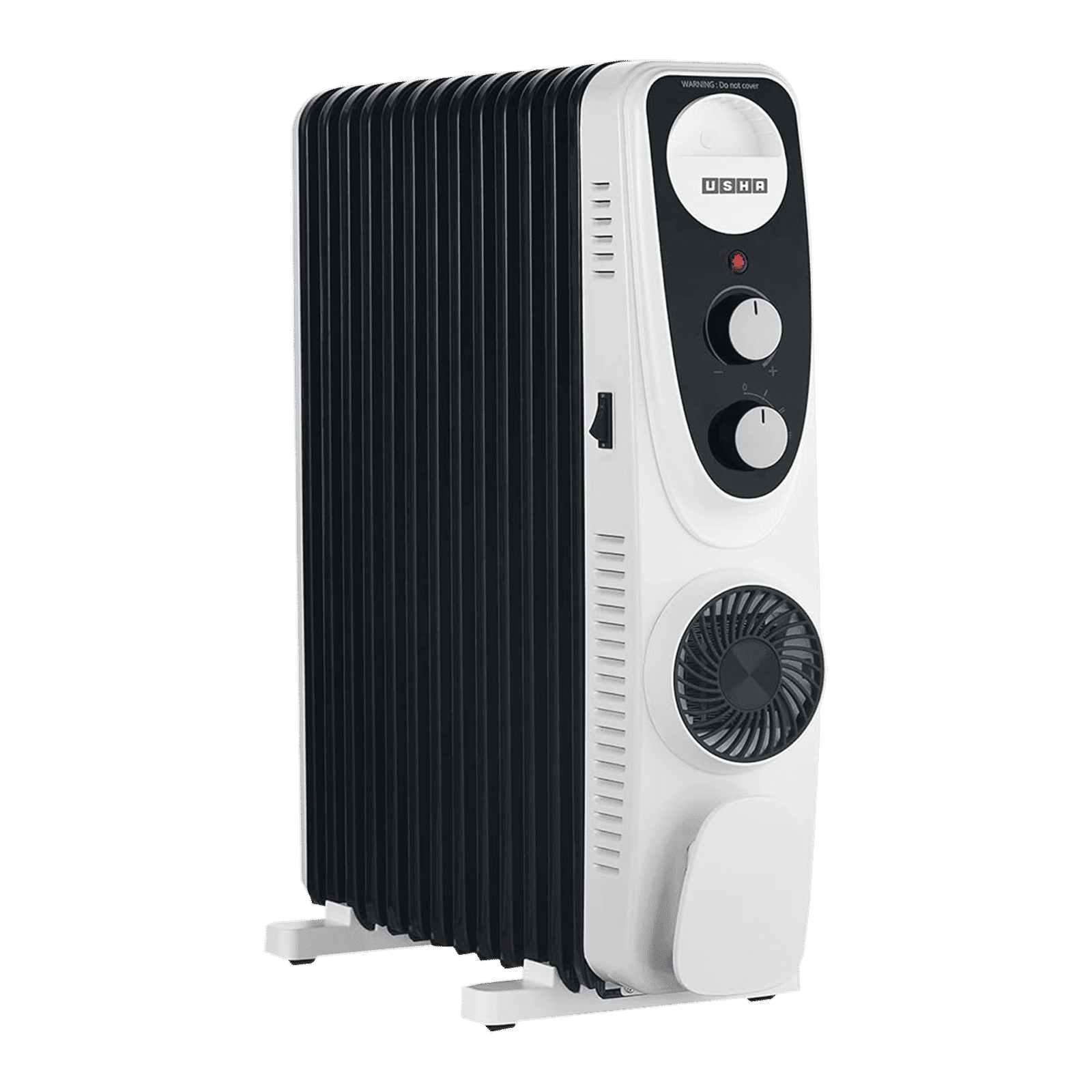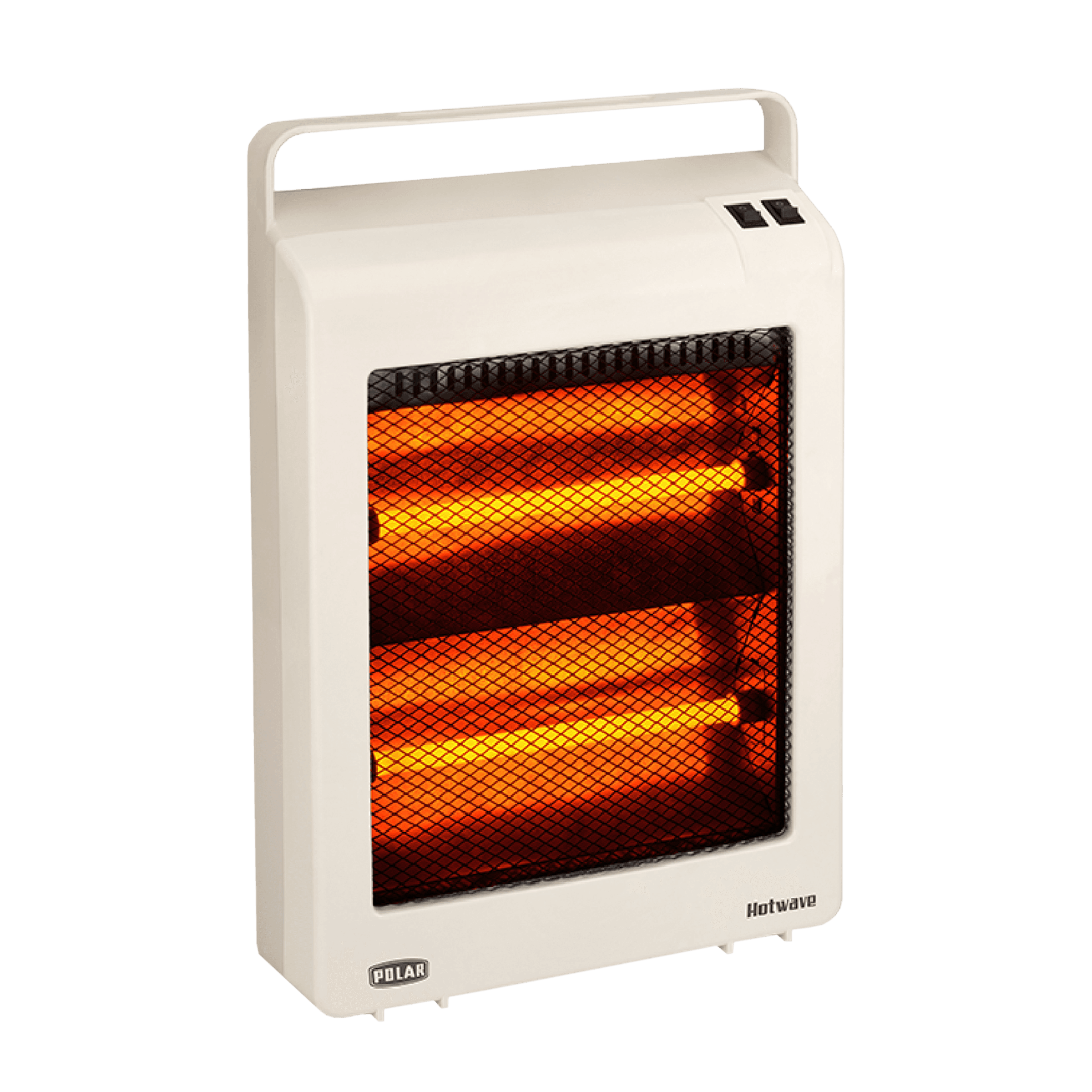
Home Appliances
•04 min read

Enhanced Safety</li><li>1 Year Warranty</li></ul>
Imagine coming home on a chilly winter evening and feeling the warm embrace of your room heater. It brings comfort and a sense of security. However, while room heaters offer essential warmth, they also come with health impacts that are worth understanding. In this guide, we explore the health checklist for room heaters, weighing the benefits against potential risks to help you make informed decisions for a cosy home environment.
Room heaters are appliances designed to provide heat during cold weather. They come in various types such as oil-filled, halogen, fan, and radiant heaters. Each type has distinct features, yet they all share the primary function of ensuring you remain warm during the winter months.
With the chill of winter, especially in regions with extreme cold, room heaters have become a modern necessity for many households. They deliver comfort quickly and help maintain a pleasant ambient temperature. Their ability to enhance sleep quality by keeping your room warmly inviting is one of the benefits of room heaters that makes them a popular choice among families and young professionals alike.
Room heaters help to maintain your body temperature during freezing nights, preventing cold-related illnesses. They are especially useful in improving sleep quality in cold climates and addressing the question, is room heater good for health when used wisely.
The benefits extend to particularly vulnerable groups. Infants, the elderly, and those with conditions such as arthritis find the consistent warmth beneficial. This makes them a key appliance for ensuring a safe, warm environment that addresses both comfort and health needs.
Did You Know? Room Heaters Can Improve Sleep Quality
Maintaining an optimal room temperature with a heater can help you fall asleep faster and enjoy deeper rest during winter nights.
While room heaters work hard to keep the cold at bay, they may also affect the indoor environment. Some models can lower oxygen levels in enclosed spaces, which raises concerns about the health impact of room heaters. In certain cases, improper use can contribute to indoor air pollution or even carbon monoxide risks.

ISI Mark</li><li>2 Years Warranty</li></ul>
Another important consideration is the generation of dry air from room heaters. This dryness can lead to room heater side effects such as skin dryness, irritation in the eyes, and nasal discomfort. If you have sensitive skin or respiratory conditions, the effects of room heaters on skin might be more noticeable.
Improper use of room heaters can present safety hazards as well. Fire and electrical risks are real concerns if these appliances are not used in accordance with safety guidelines. Hence, following room heater safety tips is crucial for a worry-free experience.
For those prone to respiratory issues, prolonged exposure to dry air from room heaters can aggravate breathing problems. This is a significant part of the discussion on the room heater and respiratory health relationship. Ensuring proper ventilation while running your heater is vital.
Dry indoor air can also impact skin by causing dryness and irritation. Similarly, unregulated heat may lead to discomfort in the eyes, contributing to conditions such as redness or itchiness. Monitoring these effects of room heaters on skin is essential to avoid further complications.
While room heaters can promote a warm and comfortable sleeping environment, overheating can have the opposite effect. Incorrect usage might disrupt your night’s rest, leading to questions on how room heaters affect sleep. It is important to maintain a balanced temperature to enjoy uninterrupted sleep.
Different heaters come with their own set of advantages. For those concerned about room heater and air quality, oil-filled heaters are an excellent option as they tend to disrupt the air quality less than others. Assess your needs and choose a model that supports both warmth and health.
Following safety measures while using a room heater can substantially reduce risks:
Keep flammable materials at a safe distance.
Use a thermostat or timer to maintain regulated temperature levels.
Ensure the room is well-ventilated to prevent oxygen depletion.

Tip-over Switch</li><li>2 Years Warranty</li></ul>
Regular maintenance is key to a safe operation. Clean your heater often to avoid dust build-up. It is also wise to install safety devices such as smoke and carbon monoxide detectors. This way, you can fully enjoy the warmth without compromising on safety.
When shopping for your home appliances and gadgets, consider platforms like Tata Neu that offer expert guidance, seamless shopping, and attractive NeuCoin rewards. Enjoy benefits such as earning up to 5% NeuCoins on every transaction, making your purchases even more worthwhile while ensuring you choose appliances that meet your safety and lifestyle needs.
Prolonged use can cause dry skin, respiratory issues, and reduced oxygen levels in poorly ventilated spaces.
Yes, but only if used with safety precautions like a thermostat, proper ventilation, and keeping flammable items away.
Room heaters are beneficial for maintaining body warmth in cold weather but can have side effects like dryness if overused.
Yes, they can worsen respiratory issues due to dry air and reduced oxygen levels in closed spaces.
Oil-filled heaters are generally considered safer for health as they do not dry out the air as much as other types.
Room heaters offer a valuable solution during harsh winters by keeping you warm and providing a cosy ambience. However, it is important to be aware of the potential health impacts, including dry air affecting skin and respiratory health, as well as the inherent fire and electrical risks. By understanding these benefits and risks, and following simple yet effective safety tips, you can enjoy the advantages of a warm home while minimising any negative effects. With smart choices and informed usage, you can transform a chilly evening into a safe, comfortable retreat.